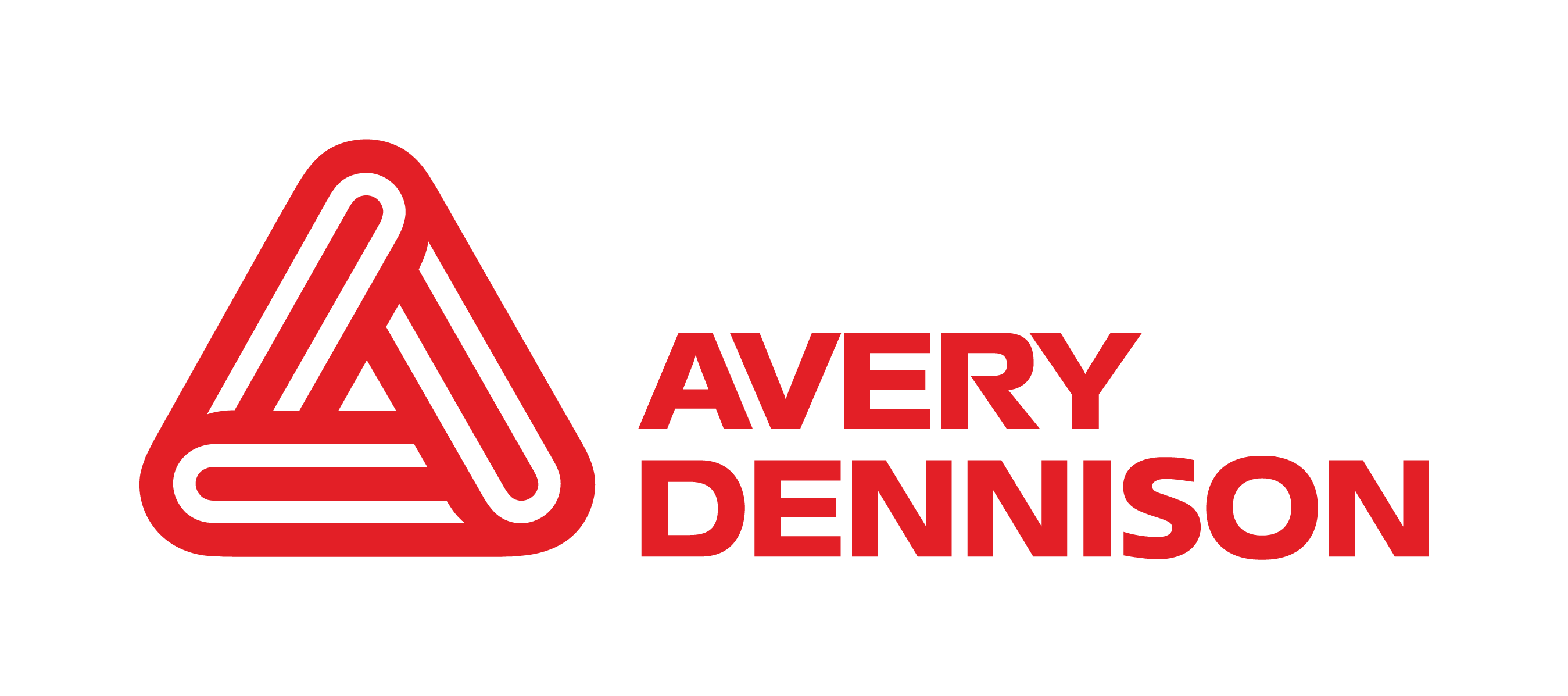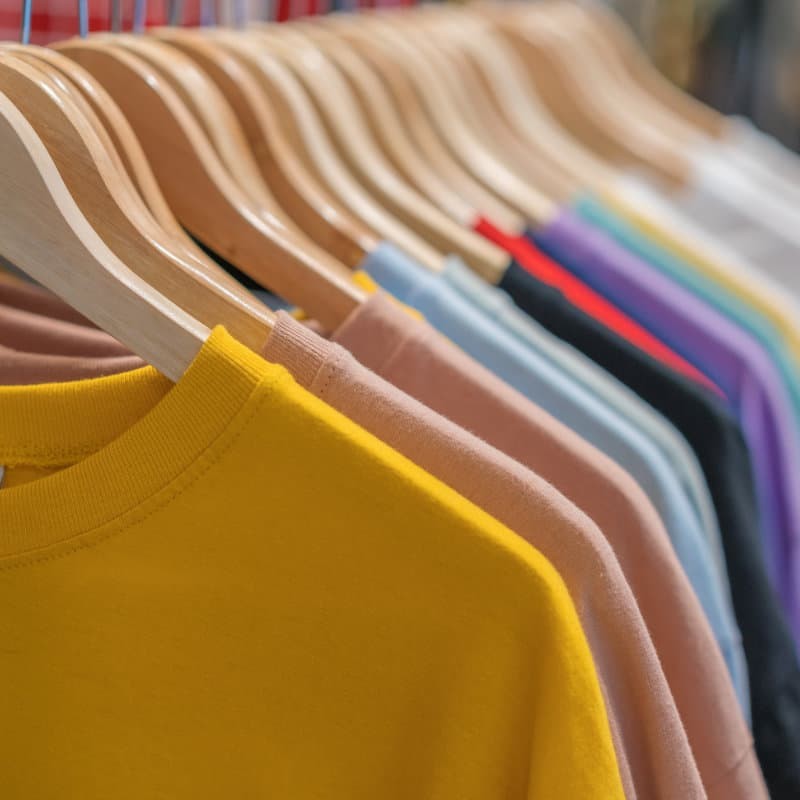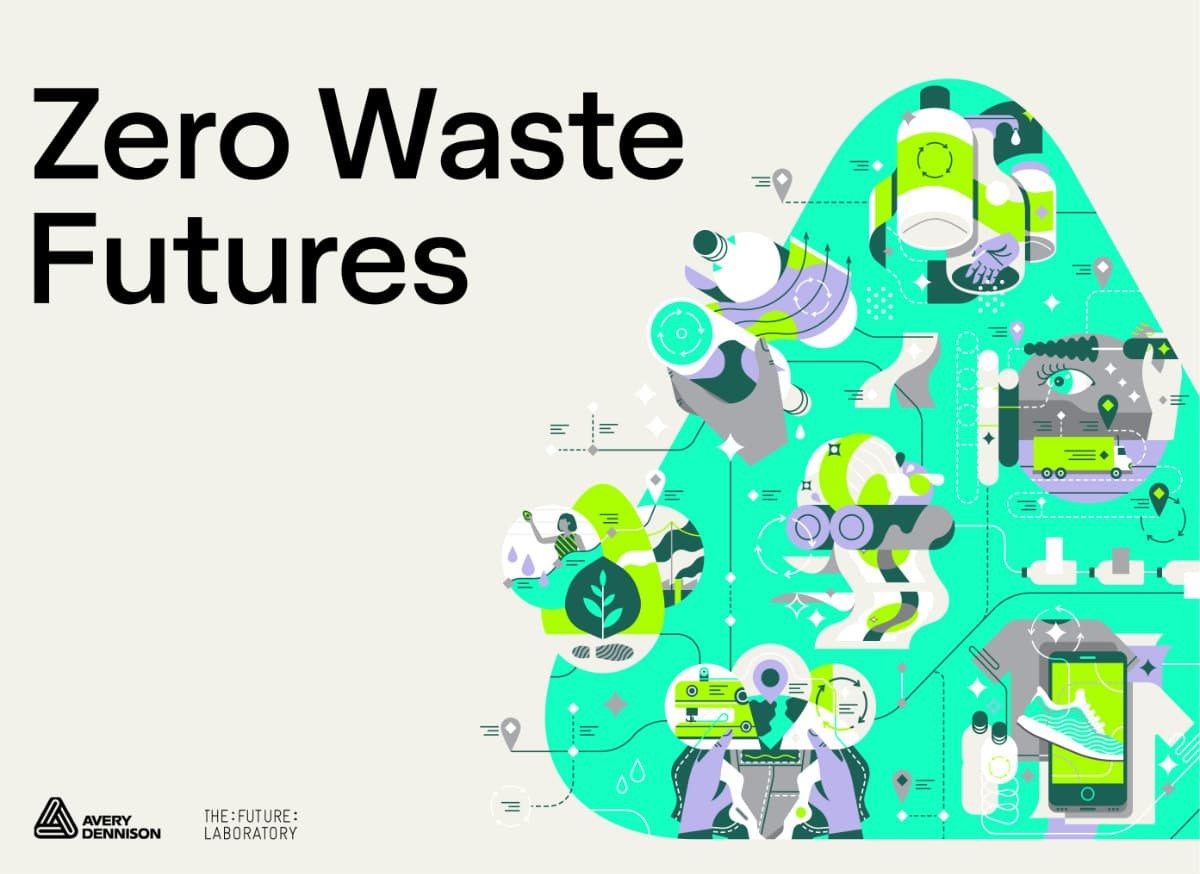The Digital Product Passport (DPP) forms part of the EU’s Ecodesign for Sustainable Products Regulation and is a key pillar of the Circular Economy Action Plan. Its purpose is to provide information about products’ environmental sustainability to consumers and waste operators to facilitate the transition to a circular economy, improve consumer awareness, and enable more seamless reuse, resale and recycling of products.
Businesses will need to assign a digital twin to their physical products via data carriers, like a QR code, NFC or RFID tags, to provide the required product information to consumers, retailers, enforcement authorities and waste managers.
The DPP aims to achieve higher uptake of repair, more exact sorting and higher rates of recyclability, which are all critical to ensuring their sustainable use, prolonged life, and circularity.
The bar has been set. But are companies in the EU ready to embrace the Digital Product Passport and adopt sustainable practices? Read on to learn more about business concerns.






